Labor under fire for failing to seek orders to lock up freed foreign murderers and rapists
Labor is accused of putting the public at risk following revelations it has not yet sought orders to lock up any of the foreign murderers, rapists or violent thugs freed into the community last year.
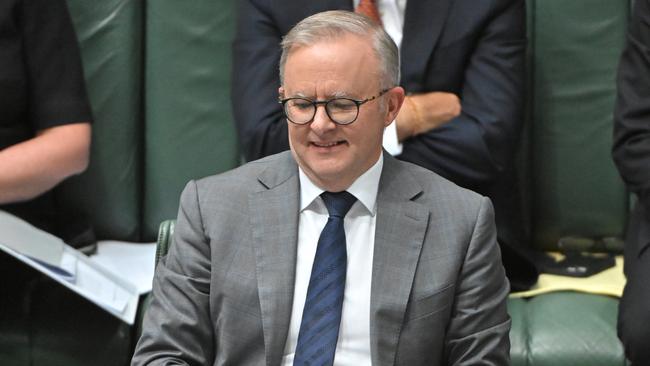
Anthony Albanese has been accused of putting the public at risk amid revelations his government is yet to seek orders to lock up any of the dozens of foreign murderers, rapists or violent thugs freed into the community following a High Court ruling last year.
It was revealed on Monday that seven murderers and 37 sex offenders – including pedophiles – were among the 149 immigration detainees who were released. Twenty-four of those freed have since reoffended, while 36 have been exempted from wearing ankle bracelets.
The government’s failure to use its legislation to secure preventive detention orders for any of the released criminals comes despite the formation of a taskforce of 20 home affairs lawyers more than two months ago to prepare the applications.
Department of Home Affairs general counsel Clare Sharp told a Senate estimates hearing on Monday: “We have not filed an application yet. We’re continuing to compile the evidence.”
The Coalition accused Labor of a “shocking failure of transparency” as Immigration Minister Andrew Giles refused to provide further details on the released detainees in parliamentary question time.
Opposition home affairs spokesman James Paterson demanded ongoing updates on the matter, saying the Coalition should not have to “drag this information” out of the government.
“The Albanese government has put community safety at risk through their leisurely application of the law that was rushed through the parliament to protect Australians,” Senator Paterson said.
“It’s time for the Minister for Home Affairs to get her department into gear to finally protect Australians. Excuses won’t cut it if more crimes are committed against the community.”

The Prime Minister said the government was taking its time to ensure orders lodged under the laws, which passed on December 6, would survive a legal challenge.
“There’s no point putting in an application that is not successful,” Mr Albanese told 2GB.
The government and law-enforcement agencies were caught flat-footed by the High Court’s November 8 verdict ordering the release of NZYQ, a Rohingya pedophile. The ruling outlawed indefinite detention, forcing the release of stateless criminals and those who could not otherwise be deported.
Mr Giles dodged repeated questions in parliament on Monday on whether those detainees who were not required to wear ankle bracelets had committed crimes since their release.
He also refused to say whether those convicted of murder or sex offences in the cohort were wearing the monitoring devices, saying their management was the responsibility of a Home Affairs-led community safety board.
Border Force officials told the Senate estimates hearing that the community detention board had not met for nearly three weeks.
The disclosures came as Home Affairs belatedly tabled documents requested by the opposition, showing the offences committed by released detainees.
They included 72 violent offenders, 16 convicted of domestic violence and stalking, and 13 who had been found guilty of serious drug offences. A further four individuals were either convicted of people smuggling, international crimes or low-level offences, or were not criminal offenders.
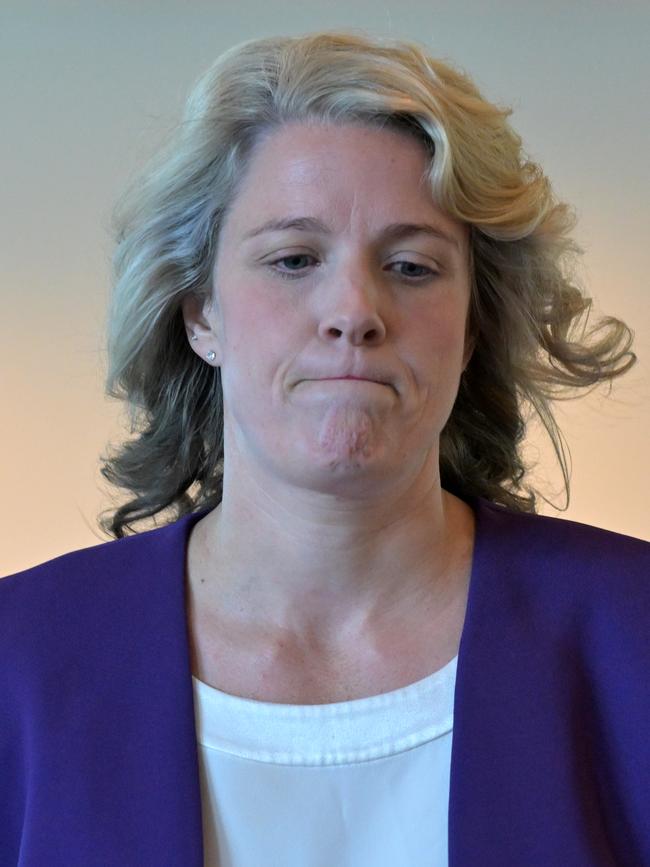

Cabinet minister Murray Watt, representing Home Affairs Minister Clare O’Neil, sought to blame the opposition for the debacle, arguing it had demanded the laws be modelled on the High Risk Terrorists Offenders regime, which had a high legal threshold.
“I’m sure that you share my view that when we seek these orders, we don’t want to see them defeated because of a lack of evidence,” Senator Watt told Senator Paterson.
Those still in the community include Malaysian hit man Sirul Azhar Umar, who killed a pregnant woman before blowing her body up with military explosives.
Documents released to the Senate revealed six of the released detainees had been arrested by the AFP for breaching visa conditions, and 18 had been charged by state and territory police for a range of offences.
They included Afghan refugee Aliyawar Yawari, 66, a convicted sex predator, who was charged less than a month after he was released for indecently assaulting a woman in an Adelaide motel where he was staying.
Afghan refugee Emran Dad, 33, a convicted pedophile, was arrested soon after his release, after he was found messaging a girl who claimed to be 15 years old.
Department of Home Affairs secretary Stefanie Foster told the Senate’s legal and constitutional affairs committee she was comfortable with the arrangements for monitoring released detainees. “We are putting all of the elements in place that are within our power legislatively to provide for community safety,” Ms Foster said. “I’m very confident that we are doing all we can.”
Ms Sharp said each preventative detention application required the examination of 35,000 to 50,000 records.
“We need to go to every state that they may have interacted with law enforcement or a justice agency and get their records about the person,” she said.
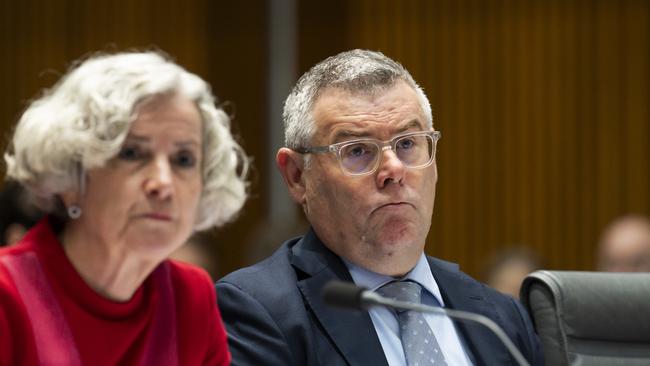
On the day the preventative detention legislation passed, Ms O’Neil – who was accused along with Mr Giles of failing to anticipate the High Court’s decision – said she made no apologies for wanting to lock up those who were a danger to the community.
“Continuous assessments will be made but if people are put behind bars for long periods of time to prevent them from hurting Australians, I’m happy to stand behind that,” Ms O’Neil said.
The same day, Mr Giles declared: “We’ve already begun working through the worst offenders to make sure that we can do everything we can to keep the community safe, ensuring that we are putting in place effective applications to the court …”
One of the key criticisms levelled at the government is it failed to make sufficient preparations for an adverse High Court verdict.
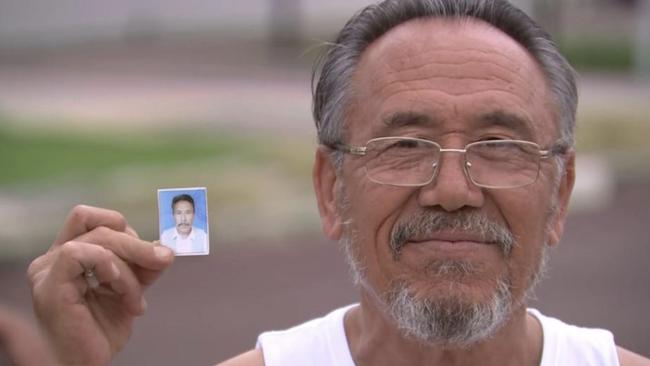
A Home Affairs timeline released to Senator Paterson revealed Attorney-General Mark Dreyfus’s office was first informed of NZYQ’s court application on April 11, 2023 – six days after it was filed. Mr Giles’ office met with the Home Affairs’ general counsel on August 8 to discuss Australian Government Solicitors’ advice on the commonwealth’s prospects in the case.
Mr Giles discussed “options to mitigate implications of a loss” with his department’s general counsel on September 14, and an ultimately unsuccessful approach was approved two days later to ask Five Eyes countries to resettle affected detainees.
Alison Battisson, the director principal of pro-bono human rights law firm Human Rights For All, said the nature of the detainees’ offending did not change the underlying significance of the High Court ruling. “The fact is these people have all served their criminal sentences,” she said.
“They have all done their time and there is nowhere else for them to go. So what sort of society do we want to live in, when we can keep someone way past their criminal imprisonment sentence?”
Tony Kerin, from the Australian Lawyers Alliance, said the details would do nothing to slow the pace of compensation claims likely to stem from the High Court’s decision. He stressed the individuals involved had already been punished for their crimes and did not deserve additional incarceration over and above that which would apply to other people.


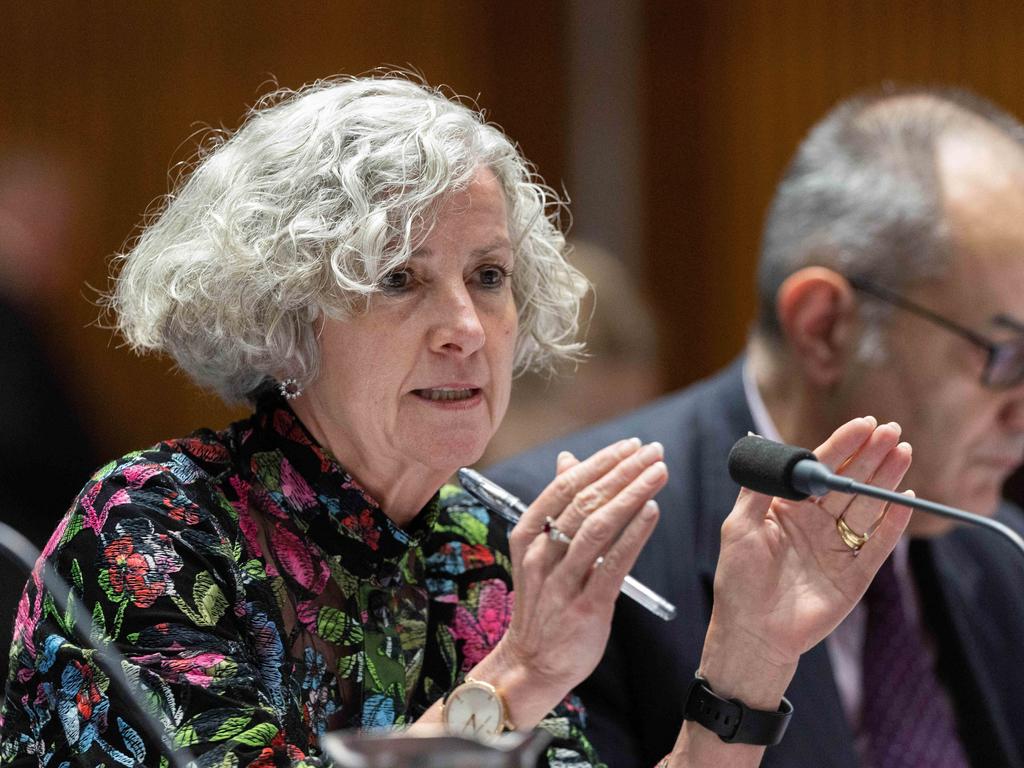
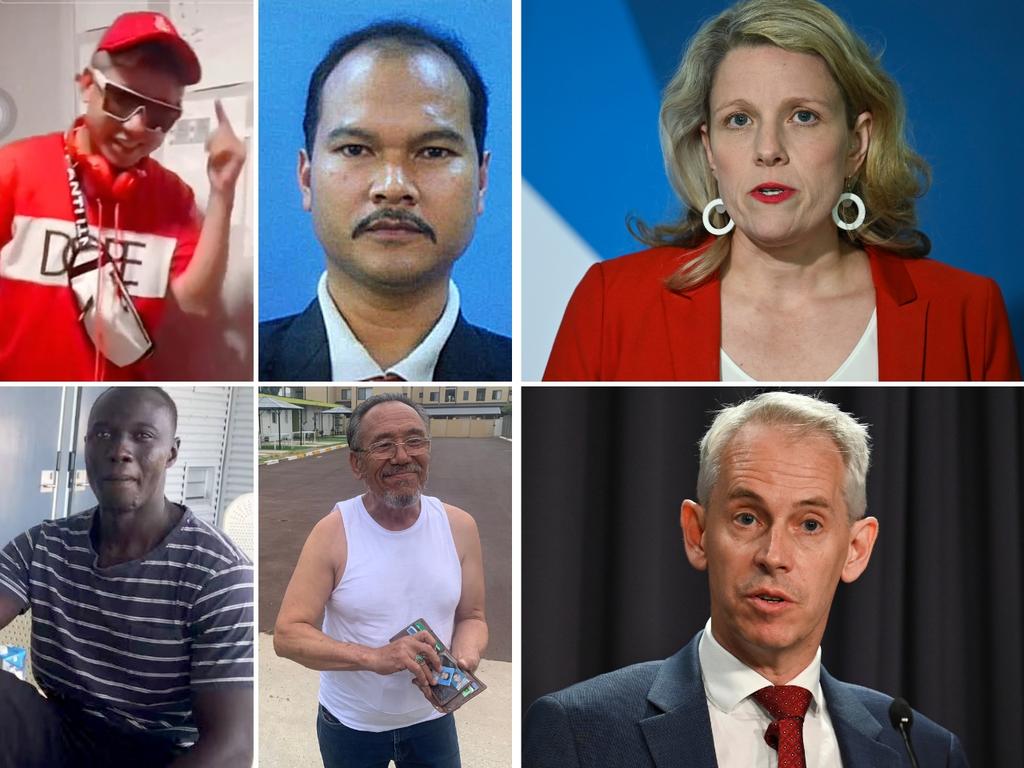


To join the conversation, please log in. Don't have an account? Register
Join the conversation, you are commenting as Logout